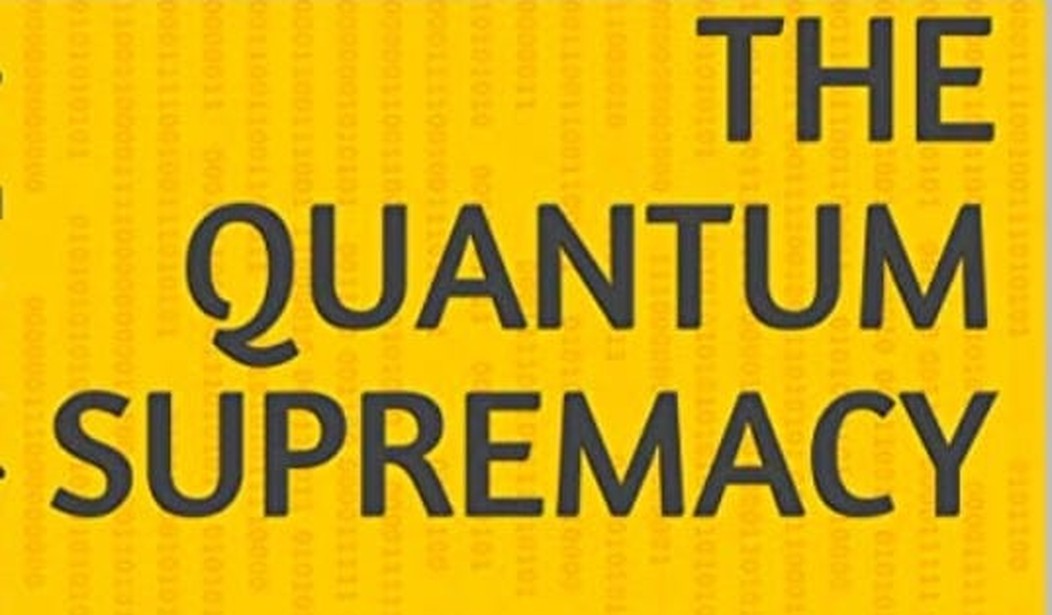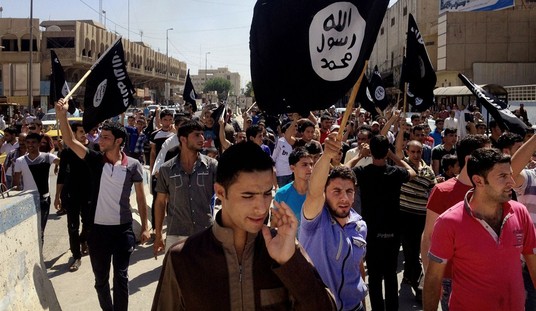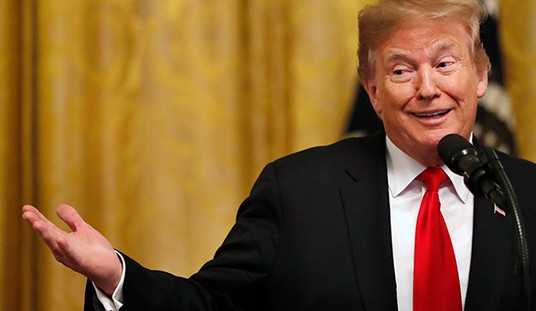For the past several years I’ve warned about China’s ascendance and the threat to America’s world standing. Not enough people are listening, so I’ve written a spy thriller about China: The Quantum Supremacy. It’s available now in an Amazon Kindle edition, but I will publish it as a serial in this space over the next six months, a chapter a week. A lot of people don’t like the unvarnished facts, but they like stories. So here’s a story about China. I hope you have as much fun reading it as I did writing it.
The Quantum Supremacy: An Entertainment
Prelude: 2014, at the Torugart pass between China and Kyrgyzstan
Reyhangul Yusup’s breath danced in blue wisps in the sparse air of Torugart pass. He and his sister’s son Bayanchur had bivouacked during the day in a small gully at 9,000 feet. At 1700 they had made tea on a small gas stove and ate bread and camel jerky before they knelt for evening prayers and began the night ascent to the Torugart Pass, 12,000 feet above China’s Western border. On the other side stretched the Turkic lands of Central Asia. There was no moon, but the starlight seemed bright enough to cast a shadow. With the mercury reading minus 20 degrees, the Chinese border guards would be huddled around kerosene heaters in their huts, not patrolling the donkey trails that led to Kyrgyzstan.
“Allah spared me for a reason,” Reyangul thought. He never had expected to leave the Kunming Railroad Station alive. A month earlier he and his five comrades in martyrdom had drawn long knives and slashed and stabbed their way through the dense crowd on the rail platforms. They had killed more than forty of the Han and wounded more than 100, before the Chinese police arrived with guns and shot them all down, every one except Reyhangul. When he heard the first shot he lay down among the dead and wounded, his cheap blue suit swimming in blood. The police thought him a victim and the emergency workers took him to the hospital, and finding him unharmed, sent him away with a pair of jeans and a t-shirt. He joined the throngs of migrant workers boarding the train to Guangdong, and found a ride with a truck driver heading West with a load of beer and cigarettes.
“What was it like?” asked Bayanchur. At eighteen his beard still was wispy.
“It was like slaughtering a sheep on the Feast of Eid,” said Reyhangul, “with blood and shit everywhere. The difference is that I don’t hate the sheep, but I hate the Han.” But he could not forget the eyes of the grey-haired woman who looked at him with simple surprise as he thrust his long knife upwards into her thorax. Her face had twisted into a demon mask as she fell backward. It was horrible and he would never be the same, but he still detested the arrogant Chinese who made themselves lords of the lands where a thousand years earlier his ancestors had heard the call of the Prophet.
“Once we were conquerors, he said to the young man, “we who now live under the heel of the pig-eaters from the East. We have thrown the out of our lands before and with Allah’s help we will do so again. Hundreds of years ago we had a great leader, Timur the Lame, the Sword of Islam. He stood here where we stand, at the gate of China, ready to invade and crush the Ming Dynasty. He conquered the world, but he died before he could fight the Han. You still can hear him whispering in the west wind. Timur piled the skulls of his enemies into great pyramids. May the skulls of the Han grin at us, too. What was it like, Bayanchur? In all of my forty years I have tasted dirt as the Han pushed my face into the ground. At the Kunming Station I was proud. The Han fear us now. They have built themselves grand palaces, but never again will they feel safe there.” Tamerlane had killed perhaps 17 million souls, or one-twentieth of the whole world’s population, and many of them were other Muslims, but Reyhangul did not read much; he could not read Chinese characters, and he stumbled through the Roman letters of the Turkish religious tracts that circulated in Xinjiang from hand to hand. He was a slight, lean man, all skin and muscle, with hollow cheeks and hands that had gone arthritic from manual labor in the cold desert nights.
Just over the Kyrgyzstan side of the border, a group of men would meet them shortly before dawn. Reyangul and his nephew would guide them back over the border to their homeland—what the Han called Xinjiang, “new frontier,” but the Uyghurs called East Turkestan, the easternmost reach of the Turkic peoples. Two years ago they had left for Syria to fight the heretic Shi’ites under the black flag of jihad, with Tahrir al-Sham at Idlib province. They had taken the southern route, through Yunnan province into Thailand, where the Turkish embassy kept blank passports for inbound Uyghurs and Turkish Airlines asked no questions. They had left as boys but would return as warriors skilled in the use of explosives, in the sniper rifle, in ambush and assault. Until now the Uyghurs had nothing to fight with but tooth, nail and knife, but the returning warriors would bring firearms and explosives. Our Turkish brothers provided quiet help. Had not the Erdogan, the pious leader of Turkey, declared that Han China had committed genocide against the Uyghur people? The son of his cousin was fighting the heretics in Syria. A Turk had come to him in Urumqi with a video message from the young man, with a promise to bring home a group of his comrades. They would need a guide through the mountains back to China and safe places to stay. Were the Turks not one people from Central Asia to the Bosporus? A Uyghur from Urumqi and a Turk from Istanbul could converse as easily as a Spaniard and a Portuguese. A couple of thousand feet down the mountain, the Turkish guide would be waiting for him with the returning jihadis. They would be disguised as a hunting party. Rich tourists from Turkey came to Kyrgyzstan all the time and hired guides and horses to hunt the magnificent ibex with its great curved horns.
Reyhangul and Bayanchur picked their way down the western slope of the Tian Shan mountains in the frozen night. The sharp stones lining the donkey path down the Kyrgyz side poked through Reyhangul’s cheap Chinese running shoes, but he grimaced and gave encouragement to the young man who panted after him in the thin air. Close to dawn they stopped and unshouldered their packs and made tea, and waited. Below them the first light of dawn reddened the Chatyr-Kul, the great alpine lake to the West below them. A few hundred yard away they could just discern a human figure – the Turk. They scrambled a few hundred meters down the rocky path, towards a tall man in a fur hat and ankle-length fur cloak. The Uyghurs approached him and stood silently ten feet away. The Turk whistled softly and a group of men came forward.
Then Reyhangul watched his nephew’s head explode. A cloud of blood flew away from his neck. It was less than a second before he heard the supersonic crack from the big 12.7-millimeter bullet, but the moment seemed frozen in time. More bullets cut down the fur-clad Turk and his men. Reyhangul threw himself to the ground terrified. He wept and lost control of his bowels and his bladder.
“Regrettable,” said the Chinese major as he stood over the headless young man. He turned to the soldier carrying the QBU-10 rifle. “I wanted both of them alive.” He nodded to his sergeant, who wrinkled his nose in disgust as he fitted Reyhangul with plastic restraints and tied a black hood over his head. The Kyrgyz border guards ambled up and looked at the dead men indifferently. A pair of headlights peered at them over a ridge and approached. Two Chinese soldiers climbed out of the army truck and unloaded a few old bolt-action rifles and dropped them on the ground close to the corpses. “Get all of their packs!,” barked the major. They stuffed the young man’s cadaver into a body bag and threw it in the truck with the dead men’s gear. Last in went Reyhangul.
The truck bounced overland for several miles until it turned into the dirt road that led up to the border checkpoint at the height of the Torugart Pass. A sentry waved it through, and it proceeded another dozen kilometers to a side road, at whose end lay a low cinder-block building. The soldiers cut away Reyhangul’s clothing and hosed him down with cold water. He collapsed in shivers. They dragged him inside, seated him in front of a kerosene heater and wrapped a rough blanket around him. The Chinese major removed the hood and set a low table in front of Reyhangul. On it, he placed a blowtorch, pliers, and poultry shears. “Who is your CIA contact?” the major asked. “Your Honor,” he pleaded, “I do not know any CIA. I only spoke to a Turk.” The major said, “We will have ample time to determine the truth.
The Amazon Kindle edition is available here.
Copyright 2019. All rights reserved.










Join the conversation as a VIP Member